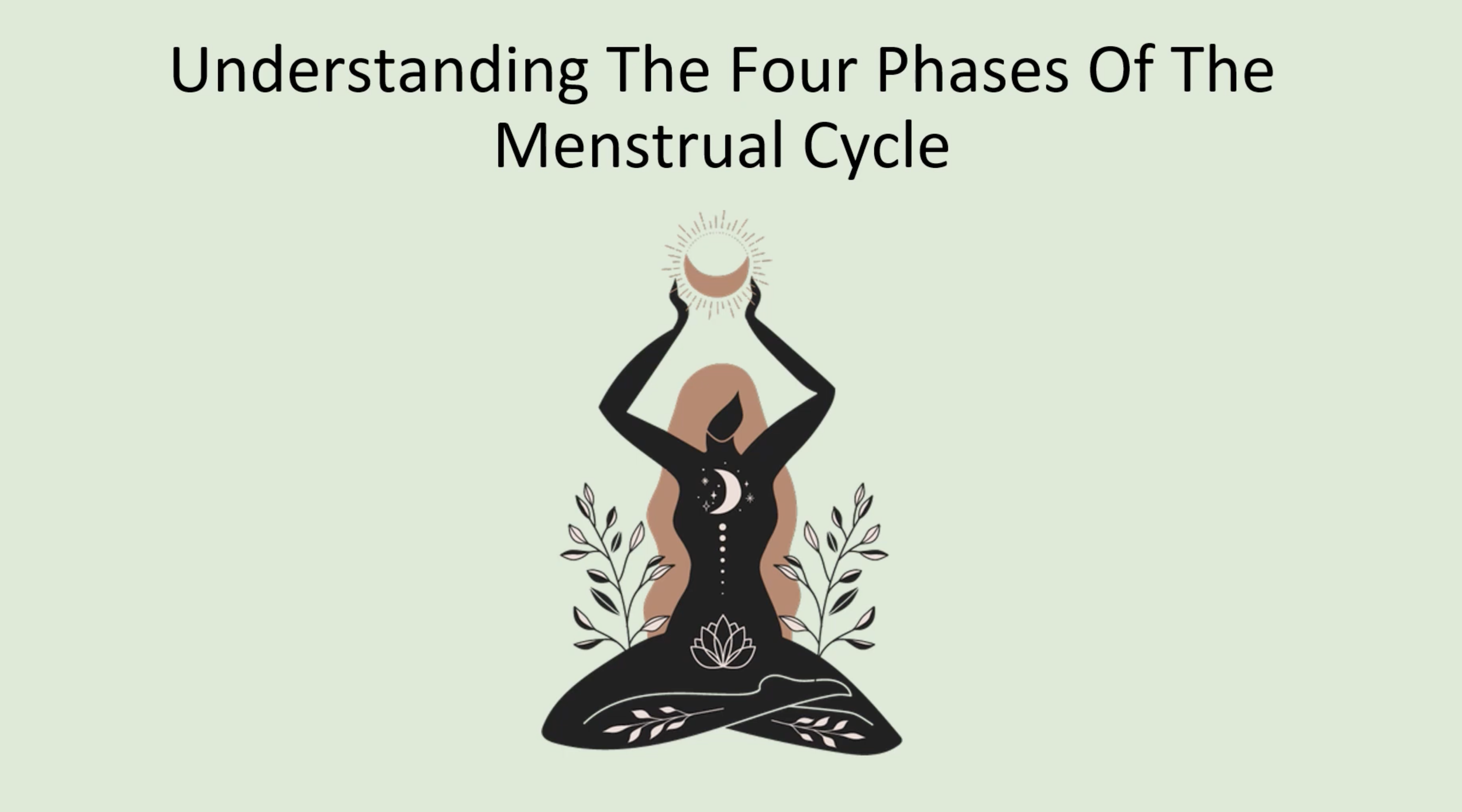EDUCATION
videos
articles
Dairy and PCOS - understanding the connection
With so many different diets being touted as the best thing for you, it’s sometimes difficult to know which one to choose for your body and hormonal type. Carnivore, vegan, raw food, paleo or 5 and 2? The short answer is that there is no short answer and no right answer. The reason for this is that a) there is no one diet that is right for everyone, and b) our dietary needs change with the rhythms of our moon cycle (if you have one) and with the larger rhythms of our lives. If you keep these ideas in mind when choosing how to eat, then you will be less likely to adopt drastic diets and keep an open mind to reassess your dietary choices from time to time. Our bodies are truly different from one day to the next, so what is right for you now, may not be the best thing in a year’s time and certainly won’t be perfect for your neighbour.
Having said that, there are some conditions that call for specific dietary interventions. One such condition is polycystic ovarian syndrome (PCOS). PCOS is a relatively common condition affecting women as early as teenage hood. It typically (but not always) presents with an irregular menstrual cycle, hormonal abnormalities on blood tests, and often (but not always) many ovarian cysts that can be seen on an ultrasound. It is worth noting that you can have polycystic ovaries but not have PCOS – if you are unsure, please book in to see Tahlia or Gemma so we can help you get to the bottom of things. With PCOS comes issues with blood glucose regulation and sometimes acne or abnormal hair growth. Some scientists call PCOS diabetes of the ovaries. I don’t like this term because it can bind a person to their disease and diabetes can feel like something that you have for life. In reality, both PCOS and diabetes are completely reversible with the correct diet, lifestyle and the help of herbal medicine.
One of the foods that really seems to impact women with PCOS is dairy. The reason for this is that dairy products are quite insulinogenic. That means that they stimulate the release of insulin. This makes a fair bit of sense when you consider that cow’s milk is food for baby cows. Baby cows grow very quickly – they can triple their birth weight within their first year of life.[1] In addition, insulin is an anabolic hormone – which means that it tells the body to lay down muscle and fat. So, with these two concepts in mind, it makes complete sense that the milk produced by the mother cow is designed to stimulate insulin release. The problem in women with PCOS is that excess insulin is already part of their hormonal picture. More insulin will promote fat deposition, worsen acne and encourage a more abnormal hormonal picture. In various studies examining the role of dairy consumption on insulin production and sensitivity, dairy consumption has been found to worsen insulin resistance scores when consumed over the long term. The proteins from milk have the most powerful insulin-secreting action of all animal proteins.[2]
If your hormonal profile is consistent with PCOS, then it is worthwhile kicking the dairy out of your fridge, at least until your hormones are back on track. Please feel free to get in contact should you need additional assistance with PCOS.
[1] https://mbfp.mla.com.au/weaner-throughput/tool-55-weaning-age-and-projected-liveweights/
[2] Janiszewska J, Ostrowska J, Szostak-Węgierek D. Milk and Dairy Products and Their Impact on Carbohydrate Metabolism and Fertility-A Potential Role in the Diet of Women with Polycystic Ovary Syndrome. Nutrients. 2020 Nov 13;12(11):3491.


